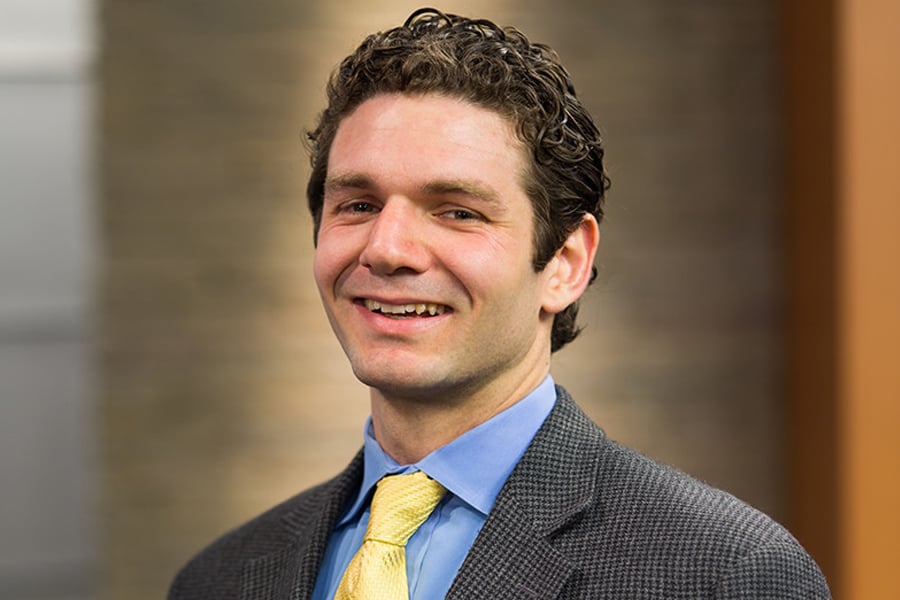Most nights I go to bed thinking about retirement planning. Sometimes I dream about retirement planning. And typically, I wake up thinking about retirement planning.
To be honest, I have become a bit obsessed with personal financial planning and the retirement period of one's life.
Retirement income planning — the process and practice of turning a client's assets into a sustainable lifetime of income to meet their needs — is what brought me into the profession.
In 2012, professor David Littell was spearheading the development of a new retirement income education program at The American College of Financial Services that would later become the retirement income certified professional (RICP) designation. He was looking for a professional to help him build out the program, specifically someone with a top-level degree who had experience with ERISA and taxes. I checked those boxes, but the next qualification was a bit harder to explain: Mr. Littell wanted someone who was passionate about retirement income planning. I was 28 at the time.
When Mr. Littell and I spoke, I believe I made a passionate and convincing case for why retirement income planning intrigued me. I say "I believe" because he did eventually hire me. I showed this passion because I saw the need for such planning, given my own life experiences.
My parents did not graduate from college and did not have 401(k)s or pension plans. My mother and father worked for themselves in the construction business. While they provided for my sisters and me and gave us amazing opportunities, I know that personal finance and retirement planning weren't their strongest areas.
I also like to observe the world. What I saw was news article after news article focused on baby boomer retirement, and TV commercial after TV commercial pushing different retirement products and planning. If you opened your eyes, retirement planning was all around — but shockingly, I realized
people knew very little.
That lack of knowledge about retirement and income planning would become clearer over the years, as my research led me to test near-retirement-age Americans' literacy on the topic. The results, perhaps, were not surprising, but they were concerning. Only about 25% of the people queried could pass our retirement income quiz.
The main takeaway from this: Most Americans don't have the knowledge base to easily do their own retirement income planning.
(More: Baseball, taxes and retirement destinations)
So what can Americans do if they aren't equipped to plan out their own retirement income strategy? Well, they can delegate that to an adviser. But that assumes all advisers are prepared for this type of planning, right? Sadly, my experience has been a resounding no.
I've said it before and I'll say it again: I think I would hire roughly 70% to 80% of the attorneys I know, but only about 5% to 10% of the financial advisers I know. It's not because one group is more well-meaning, tries harder or is made up of fundamentally better people. It comes down to education. Attorneys, doctors, accountants and other professionals typically go through rigorous education programs. Financial advisers may have never taken a single course on financial planning let alone retirement income planning.
This is why the work of the CFP Board of Standards Inc., The American College, Texas Tech and other education providers is so important. It is also how I try to model myself. I really view myself as a professor and teacher, even though I have
moved on from The American College and now work for Carson Group.
I want to educate advisers, consumers and the entire industry in an effort to make this profession more trusted. It is also why
InvestmentNews asked me to write a column twice a month on retirement planning. I want to help educate its readers the best way I can.
So, if you want to read about a specific topic, reach out to me. If you want to converse, reach out. I want to be a resource and educator for the profession.
I came into the industry because I saw a real need consumers have for better retirement planning. Advisers can deliver that need, but only if we commit to learning, growing and developing.
Jamie Hopkins is director of retirement research and vice president of private client services at Carson Group.







